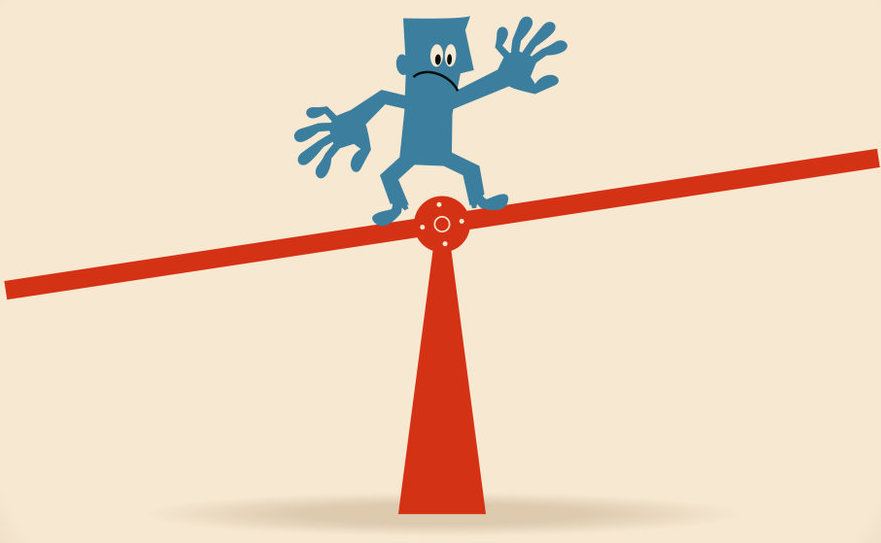The blockchain is hot. But without strong ethics, the technology could face the same backlash already rocking the tech world.
To help integrate ethics into blockchain applications, the Beeck Center, a center for social-innovation at Georgetown University, has released Blockchain for Ethical Design Framework, with support from the Rockefeller Foundation.
The group says blockchain developers can mitigate data and privacy risk by being thoughtful and vigilant about how they’re built in the first place.
“As you’re developing technology, you can make small choices that seem innocuous at the time but have a huge impact on people,” says Cara LaPointe, a senior fellow at the Beeck Center. Even applications designed with social good in mind are vulnerable to nefarious uses if the designers don’t do their ethical due diligence on the front end.
The methodology tees up a number questions blockchain designers should think about, including foremost whether blockchain is even the best approach to the problem they are trying to solve. The framework challenges developers to choose an ethical approach and design philosophy for their solutions and give them “a methodical way to think through all of these issues,” says the Beeck Center’s executive director Sonal Shah.
The key is to make an ethics framework tangible. The Beeck Center says a tool for coders, building a certification process with standards-focused organizations, and even integrating the framework into aligned business models like B Corporations could help with adoption.
High potential, remaining obstacles in blockchain for social impact
“Businesses care about [ethical design questions] a lot because it’s a risk management tool. If you look at what’s going on in technology today, there can be big issues down the road,” says LaPointe.
She points to examples of companies that have found themselves retroactively tackling big and often serious issues with data privacy, ownership, and security. “If you don’t take [ethical questions] into account, you’re adding risk. Having a collaborative model where you’re bringing in all the different stakeholders, including users, is really important for the process of developing technology.”
Shah adds: “As decision makers, we can no longer sit in our silos. We have to ask these questions up front, now.”











